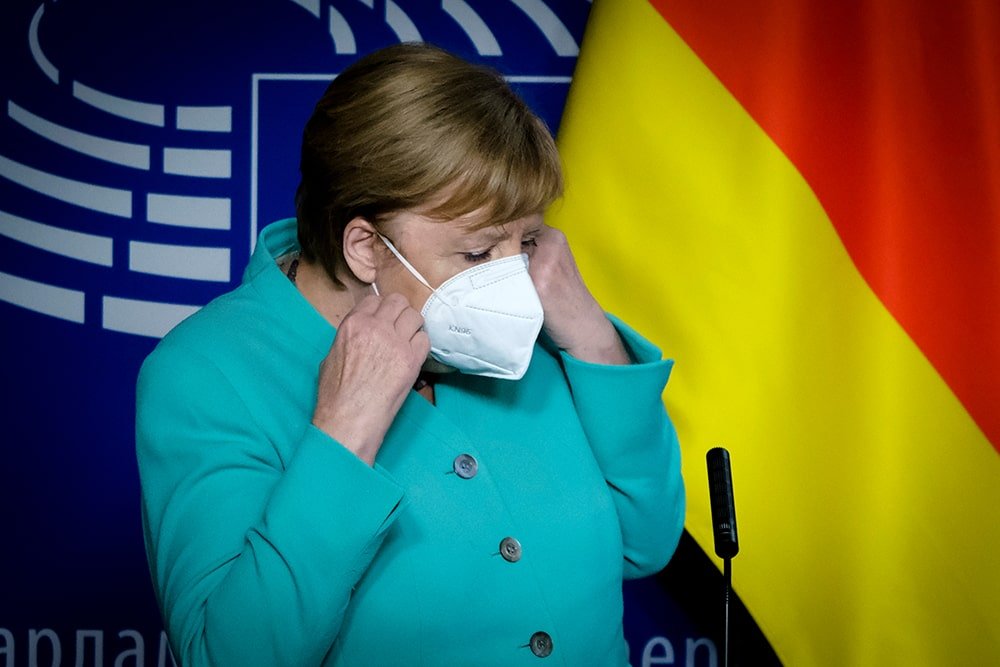
Alarmed by the growing number of coronavirus cases across the country, Germany will enact new COVID-19 restrictions in an attempt to reduce the transmission rate. Announcing the new measures at a press conference early Sunday morning, Chancellor Angela Merkel explained that the states and federal government came to the decision because the provisions they took on the 2nd of November proved insufficient to stop cases from increasing. The new measures, which will go into effect from Wednesday, December 16th to January 10th, include the closing of schools, daycare centers, and other non-essential shops previously allowed to remain open, including hair salons. Speaking of the urgent need for action, Merkel requested that companies allow their employers to work from home whenever possible and for all Germans to avoid all non-essential within, across, and outside the country. These new measures will in effect transition the country from the partial lockdown, which was imposed mid-November, to a more complete lockdown, with the potential for further restrictions if the situation does not improve. The intensification of lockdown measures in the lead-in to the holidays will be followed by an easing of restrictions surrounding family gatherings from the 24th-26th of December, when one family will be allowed to socialize with adults from another family, so long as the gathering is limited to five adults or fewer (children under 14 are excluded from the count). Other holiday restrictions include bans on fireworks, singing during religious ceremonies, public alcohol consumption, and Christmas markets. It is hoped that the disruption of pre-holiday festivities and traditions will reduce infection levels during the holidays themselves, when cases are expected to rise due to increased travel and togetherness resulting from multi-family and multi-generational celebrations.
At the same press conference, Germany’s finance minister acknowledged the unavoidable disruption to businesses the new rules would provoke and promised to increase aid to all those affected. It is hoped that the tightening of the lockdown will go towards reducing the impact of the disease in Germany, which recorded over 20,000 cases of coronavirus this weekend. Hospitals and doctors are struggling to cope with the increased case load, which has resulted in overcrowding at health facilities across the country.